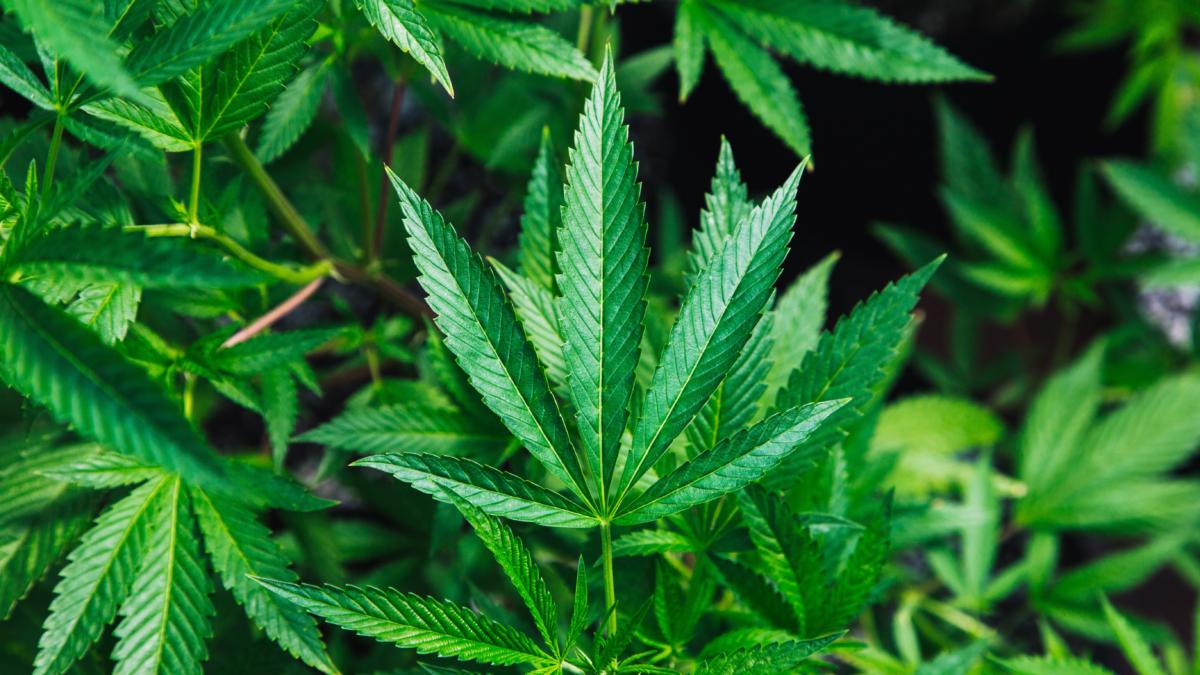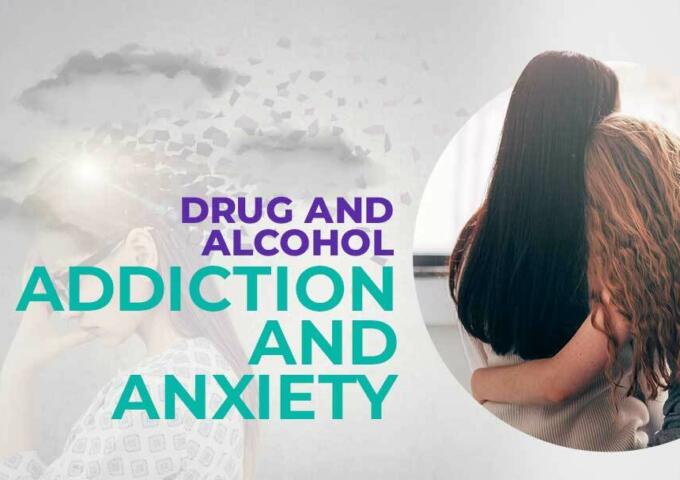Governor’s push for legal cannabis questioned
As a medical cannabis professional, I, like most industry leaders, have been left out of the conversation around the governor’s call to legalize recreational cannabis. Much like flying a plane without the advice of the pilot, those of us who are rooted in this space should be given a seat in the cockpit if we’re headed in this direction.
I meet regularly with legislators and unlike many, I speak and listen to both sides. I applaud the call for legalization by Wolf, however, I question his true intentions. Is this political posturing to make Republicans look out of touch? Any political strategist would say that if you actually want something done, you must work with the opposition. Like many issues today, change can only be created once we come together. This is no different.
Few people understand that cannabis was used as medicine for thousands of years and legal in the U.S. until 1969. In 1971, Nixon told us that marijuana was “bad” and drug abuse was public enemy number one, so Americans listened. Nixon then goes on to break American law, be impeached, resigns, and yet, Americans continue to follow his lead, vilifying cannabis users, 46 years later. As a society, we are taught to conform to what we are told by elected officials and community leaders as truth.
Act 16 legalized cannabis – a term illegal to use by someone like me, who has been mandated by the Commonwealth of Pennsylvania, to use ONLY the racist term “marijuana” – but in a way that shames users. The system fails our patients at every turn, leaving business owners hostage to an unmanageable “seed to sale” platform, leaving many patients without access to their medicine. Low-income patients have been left out of our program by high prices and have not received any of the subsidies they were promised, even though the program has produced hundreds of millions of dollars.
Pennsylvania law strictly prohibits anyone charged with the use of cannabis to work in the industry. You cannot own a cannabis business or work for a cannabis company if you have been arrested for possessing a $10 joint. Yet, my customers skip to their cars with hundreds of dollars of weed in their bags and go about their day. Meanwhile, a 19-year-old Black kid’s life just ended after he was pulled over, driving while Black and the officer finds a joint. He can never receive financial aid for college or get a job because he has “a record.” The reality is, the Black teen’s life will most definitely come to an end because of a joint while others can smoke walking down Broad Street and no one blinks.
Pennsylvanians want legal cannabis. It has a consistent history of reducing opioid deaths, state by state, by 25 percent. How many lives would be saved if we allowed those who cannot afford legal cannabis, but fear prosecution for illegal use, to grow their own?
I have no judgment against those who have been conditioned to believe cannabis is an “illicit drug” because this is how we’ve been programmed. Cannabis has healed but has killed no one. We must educate our legislators before we vilify them. There are more Republicans quietly for legalization than against, but they need information, not shaming.
Legalization of cannabis is necessary to preserve our health and welfare, because we’ve become a society addicted to chemically derived pharmaceutical drugs designed to cause dependence. Cannabis is not physically addicting. It can prevent and eliminate seizures, shrink and even kill cancer tumors, settle the nervous system from diseases like Parkinson’s and MS and help those with anxiety, depression and PTSD. Legalize cannabis and clean up our homelessness, allow people of color to profit from an industry which has capitalized on them, allow low-income people and all people to grow their own medicine, and reduce the violence in our streets caused by prohibition.
Pennsylvania Republicans will legalize cannabis. Pennsylvania Democrats will not. Democrats hold no power or authority in our Republican-controlled state, and they have shown no attempt to educate. Cannabis legalization is necessary to save the state, but money should not be the reason. Pennsylvanians deserve the education to understand what they do not understand.
Instead, let’s legalize and allow 50 percent of the licenses to be awarded to social equity applicants (those disproportionately affected by the war on drugs) with a bill that is written in the best interest of the social equity applicant and the consumer. The other 50 percent of the applications should be open to current license holders (who should be grandfathered in with a high price license acceptance fee) and small business owners from Pennsylvania. (It is federally illegal to require residency requirements).
We must not eliminate the Multi State Operators (MSOs) because a free market depends on expertise and stability – and whether anyone wants to hear it or not, being disadvantaged is not enough to be a successful businessperson. We need a balance, but more importantly, as with our nation in crisis, we need to come together.
All of this is a cry for peace. As a wise person once said, “Drunk men in a bar start a fight, high men start a band.” Spread peace not hate.
Hopes and dreams will not help our humanitarian crisis – but action and education just might.
– Chris Visco, President of TerraVida Holistic Centers
The Shout Out
Gov. Wolf recently called for the legalization of recreational marijuana.
Your turn: Should Pennsylvania follow the governor’s advice? Send your thoughts to voices@philadelphiaweekly.com.
Fight poverty by expanding education
I am a local college student who attends Villanova University. Currently, I am a marketing intern at the Borgen Project, a nonprofit organization that is aimed to resolve poverty among impoverished areas around the world. There are various factors that make up global poverty. One significant aspect is the lack of education in an area that hinders progression towards a more sustainable and suitable community.
There are currently more than 130 million females who are not enrolled in any form of education. Within impoverished countries, girls from the ages of 10 through 19 are more likely than boys to be kept out of school. In essence, when these girls reach the state of adulthood, their lives are jeopardized as they are forced to drop out due to many components of family pressure such as marriage, and being a housewife.
To resolve this conflict, the Keeping Girls In School Act needs to be cosponsored. This act allows for the increase of educational opportunities, and economic security. However, to bring light into these conflicts, we need to reach out to higher authority, our senators and representatives to act on policy changes. I urge Sens. Bob Casey Jr. and Pat Toomey, and Representative Conor Lamb to co-sponsor the Keeping Girls In School Act.
– Jawad Bhuiyan | Philadelphia

Trump should reject drug price controls
In responding to the coronavirus pandemic, President Trump has rightly focused on the tremendous innovative capacity of American businesses – first by waiving regulations that impose unnecessary burdens, next by providing incentives to get tough jobs such as vaccine development done as quickly as possible.
That’s why it was so disheartening to see the recent Executive Orders on prescription drug pricing. They point in exactly the opposite direction: toward more government intervention in a way that will reduce access to the latest treatments and stifle innovation.
One of the Executive Orders empowers the federal government to set prescription drug prices for the vast Medicare program based on the cost of the same medicines in other developed countries.
This International Pricing Index formula goes by the euphemism “most favored nation” pricing in the latest Executive Order. The sound-bite in support is that Americans shouldn’t pay higher prices than people in other advanced economies.
But here’s what they won’t tell you: the “reference countries” themselves have fully or partially socialized health-care systems in which governments impose price controls. The IPI is just a dodge to introduce price controls into the United States.
The economic damage of price controls would be severe. As a group of 150 economists wrote in a 2018 letter to Health and Human Services Secretary Alex Azar, “setting price controls at below-market rates leads to shortages, squeezes the cost bubble toward some other portion of the economy, and imposes a deadweight cost on society.”
For patients, price controls can mean unavailable treatment options. The economists warned of “a reduction in patient access to certain drugs, less investment in the research and development of new drugs, and cost-shifting that raises the prices of other therapeutics.”
The research and development costs to take a new treatment from the lab through the federal approval process to market average $2.6 billion, according to a 2016 Tufts University study. Investors simply won’t fund such research if the government is setting prices. Research initiatives currently underway could slow future breakthroughs or they could never happen. Ultimately, taxpayers lose too. Higher utilization of innovative drugs reduces the need for surgeries, long hospital stays, and other expensive therapies. For modest savings in Medicare drug costs now, the Executive Orders sacrifice bigger savings later.
But the true cost of price controls on prescription drugs will be measured in lives lost.
President Trump’s own top economists understand this issue. Assessing House Speaker Nancy Pelosi’s proposed price control legislation – which, too, relied on an IPI-style approach – the White House Council of Economic Advisers wrote: “out of 300 projected new medicines that would otherwise be approved over 10 years by the Food and Drug Administration, 100 could be severely delayed or never developed. As a result, CEA estimates H.R. 3 would erase a quarter of the expected gains in life expectancy in the United States over the next decade.”
The reason some medicines cost less abroad is that other governments piggyback on scientific innovation in the United States. That’s a real problem – but crushing biomedical discoveries here is no solution.
The administration should abandon this unwise course and steer back toward health reforms that truly benefit consumers and taxpayers.
– Pete Sepp is President of the National Taxpayers Union.




